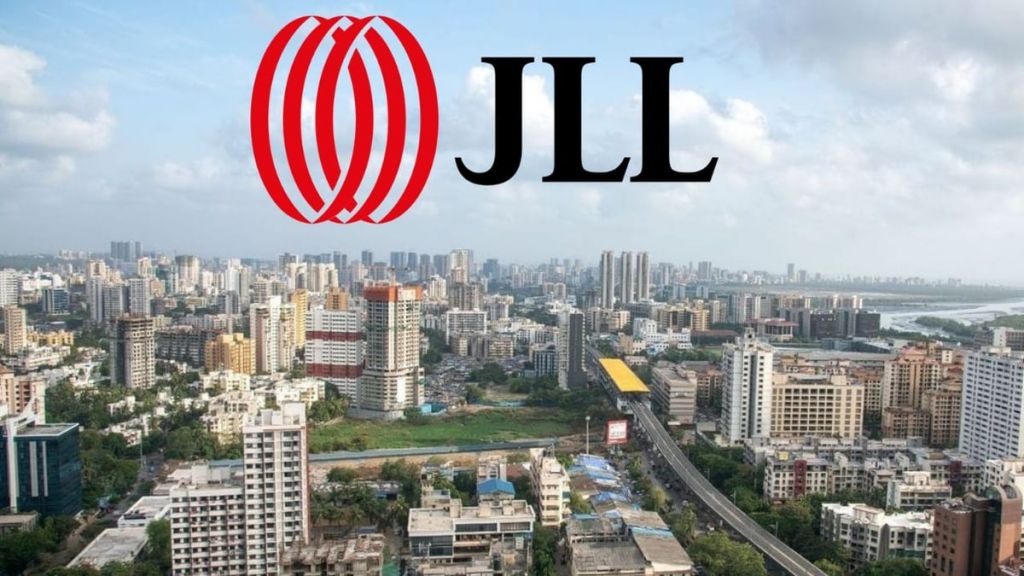
India's residential real estate market is poised for an affordability shift in 2025 with a projected interest rate cut on the horizon. Despite Year-on-Year (YoY) decline in affordability since 2022 due to price hikes and stagnant interest rates, most markets are anticipated to see improved affordability levels by 2025, except for Delhi NCR and Bengaluru. This improvement is currently anticipated with predictions of a cumulative 50 basis point cut over the next few months, according to JLL’s Home Purchase Affordability Index (HPAI).
Mumbai and Pune are expected to approach optimal affordability levels by 2025, while Kolkata is set to maintain its status as the most affordable market, potentially hitting new peaks.
The residential market is currently experiencing a sustained bull run, driven by evolving homeownership dynamics. This momentum has led to consecutive peaks in sales and an acceleration in project launches. Residential sales are expected to reach an impressive 305,000-310,000 units in 2024, with further growth expected in 2025, potentially creating a new peak at 340,000-350,000 units.
A key factor in this positive outlook is the anticipated shift in monetary policy. The Reserve Bank of India (RBI) has recently changed its stance from withdrawal of accommodation to neutral, setting the stage for a potential rate cut cycle. While a rate cut by end-2024 may not materialise, a total of 50 bps repo rate reduction and a complementary interest rate decline cycling through the economy over the next 12 months is a possibility. These cuts are expected to function as a catalyst improving affordability levels and supporting the continued momentum in the residential market.
Mumbai and Pune are projected to approach near-peak affordability levels by 2025, while Kolkata is expected to maintain its status as India's most affordable market among the major cities, potentially hitting new affordability peaks. Meanwhile, Delhi NCR and southern markets like Bengaluru, Hyderabad, and Chennai are likely to see improved affordability levels on a YOY basis as well, although remaining below their peak values.
“While domestic economic forecasts indicate some softness in growth, India is still projected to be the best-performing large economy globally, supporting household income growth. JLL’s HPAI shows that while 2021 saw peak affordability across all markets, rising prices and sticky interest rates caused affordability levels to dip through 2022 and 2023. The anticipated interest rate reduction, combined with moderate price growth and sustained income increases, are expected to create a conducive environment for home purchases over the next 12-18 months with affordability levels set to improve to their best since 2022 for all cities, barring Bengaluru and Delhi NCR. Even in these two cities, affordability will be better than 2023 levels. This will maintain buoyancy in homebuyer behaviour with market activity expected to have a long and resilient runway, even with continued price growth going forward,” said Dr Samantak Das, Chief Economist and Head of Research & REIS, India, JLL.
With 2011 as the base year, Hyderabad leads in price growth with a 132% increase, followed by Bengaluru at 116% and Delhi NCR at 98%. On the income front, Mumbai has seen the highest growth at 189%, with Pune and Hyderabad following at 173% and 163%, respectively, over the same period.
“The residential real estate market is experiencing a robust bull run, driven by shifting homeownership dynamics and resilient demand despite double-digit price growth and elevated interest rates. The market's upward trajectory has continued, seemingly unaffected by the northward turn in interest rates. Looking ahead, the combination of healthy income growth, potential interest rate reductions, and moderating price growth is expected to improve affordability levels over the next 12 months, paving the way for sustained market activity and continued strong performance in India's residential real estate sector in the medium term,” said Siva Krishnan, Senior Managing Director (Chennai & Coimbatore), Head - Residential Services, India. JLL
JLL's HPAI serves as a vital tool for aligning homebuyers' affordability with suitable product offerings. The report emphasizes that actively managing affordability levels through policy interventions and improvements in household incomes will be key to sustaining demand elasticity, even in a positive price growth environment.